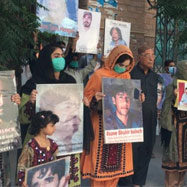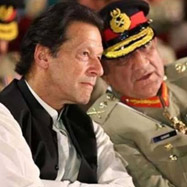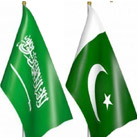Imran Khan and Pakistan’s Enduring Political Crisis
While Imran Khan’s efforts to build legitimacy around his ‘personality’ as a religious person and a crusader against corruption do not seem to have convinced many people, his government’s inability to bring the much-promised tabdeeli (‘change’) to Pakistan is beginning to hurt him politically.
- Published: January 04, 2021












